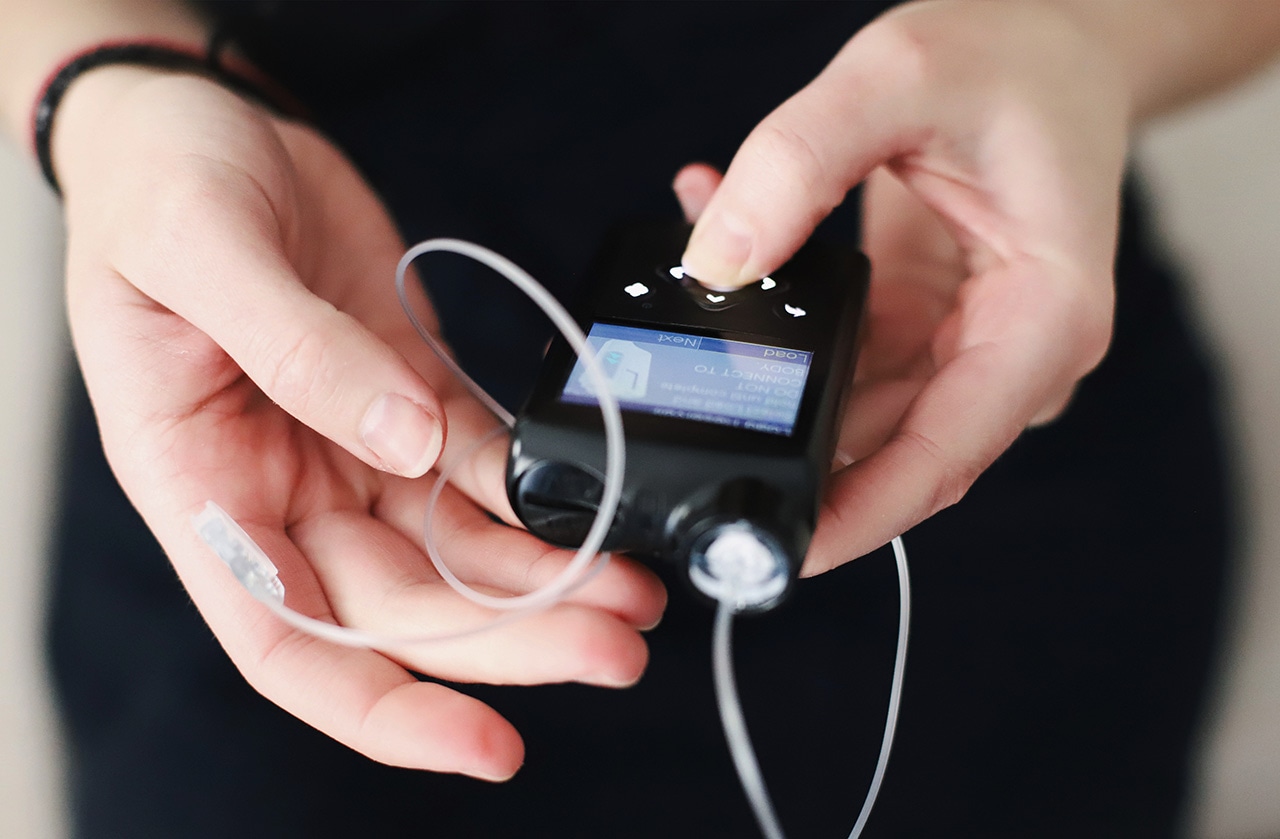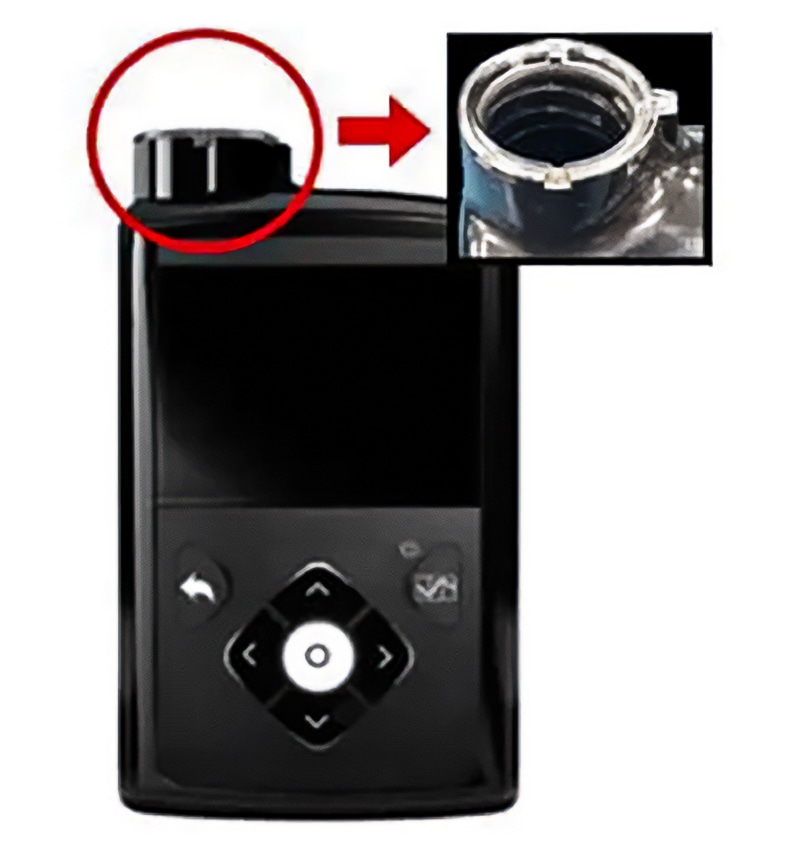Free Case Evaluation
Initial consultation to discuss your situation
Medtronic MiniMed insulin pumps are designed to help manage diabetes by delivering precise doses of insulin. However, device malfunctions have led to serious complications, such as incorrect insulin delivery, resulting in hypoglycemia or hyperglycemia, severe health problems, and the need for additional medical interventions.

The 600 series pump includes a component known as a “clear retainer ring”. (pictured). The purpose of the retainer ring is to secure the insulin reservoir. If the clear ring is broken, missing, or chipped, the reservoir may not properly lock into place. If the reservoir is not properly locked into the pump, it could lead to over or under delivery of insulin, which could then result in hypoglycemia or hyperglycemia.


Cowper Law is a leader in medical device litigation, with a wealth of experience in handling insulin pump cases. Our dedicated team works tirelessly to hold manufacturers accountable and secure the best possible outcomes for our clients.
Initial consultation to discuss your situation
Detailed examination of the device and failure incidents
Engaging top medical experts for insights
Dedicated courtroom advocacy for the best results
Act quickly – seeking legal advice promptly increases your chances of a favorable outcome. An experienced attorney can evaluate your case and guide you on pursuing compensation and justice.
Cowper Law investigates cases individually. The attorneys review the medical records in tandem with the applicable state and federal laws in order to determine whether a lawsuit may be filed on your behalf.
If you or a loved one suffered complications from a Medtronic MiniMed insulin pump, you may have a valid claim against the manufacturer.